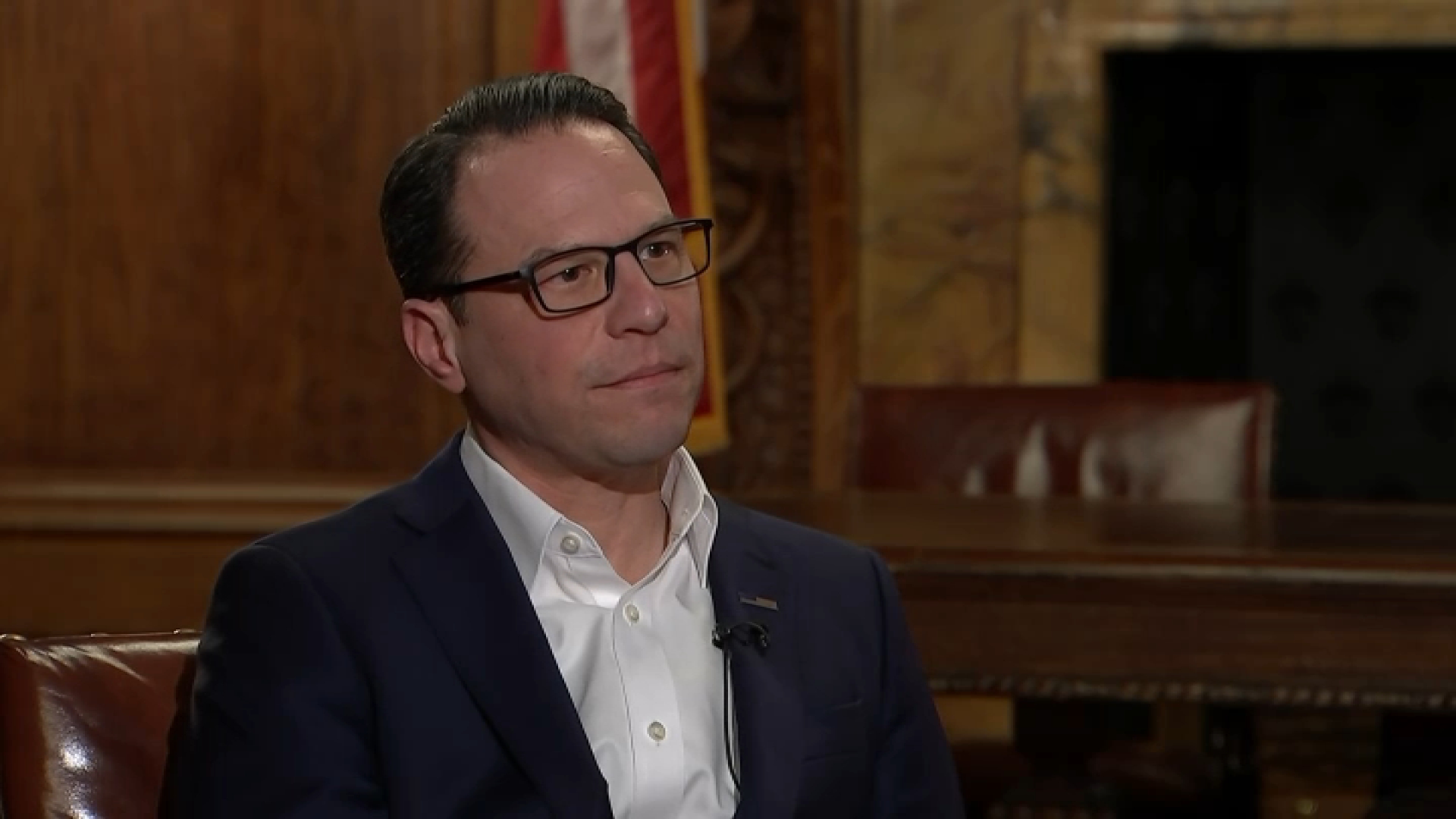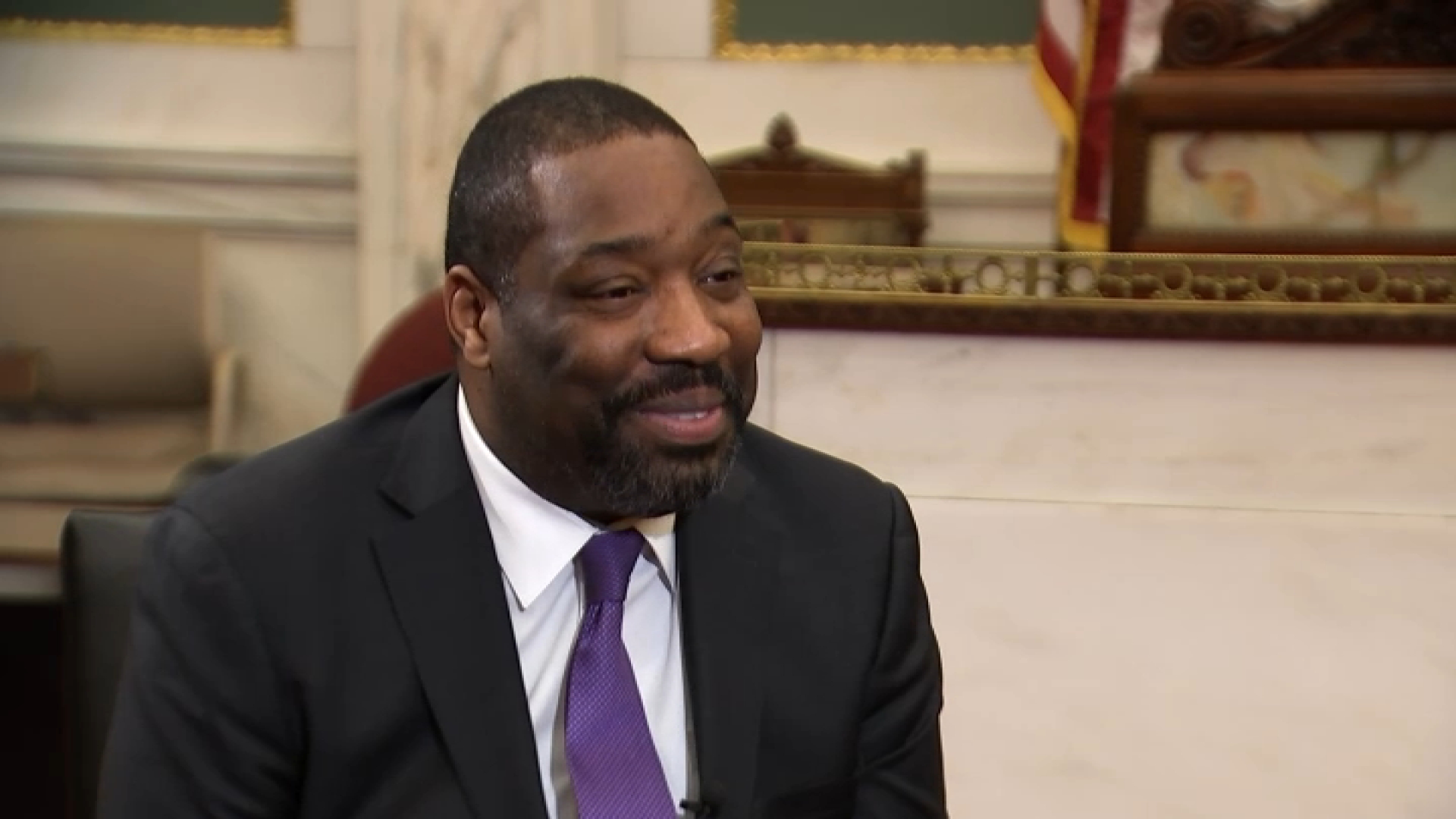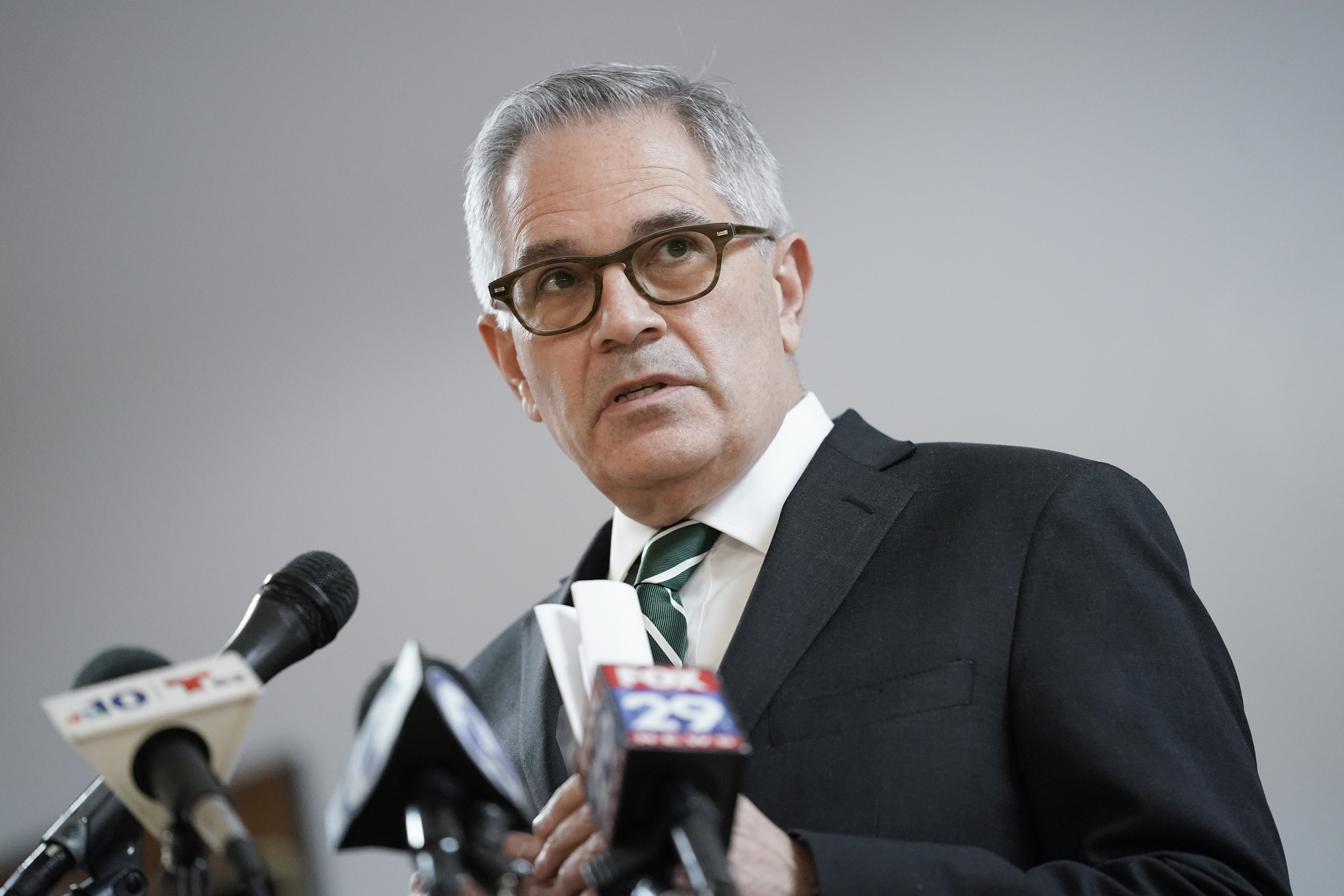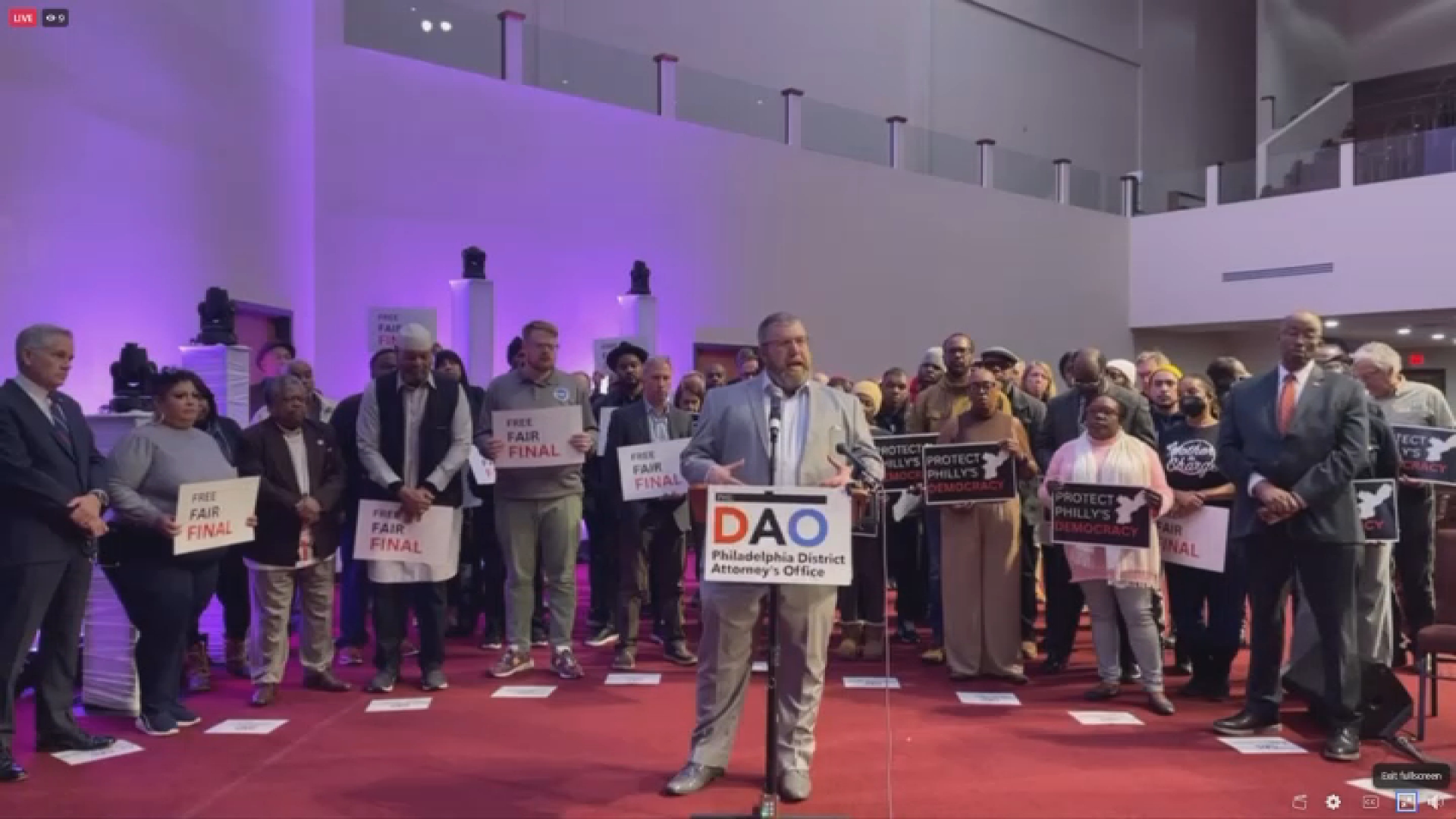Governor Josh Shapiro doesn’t see a controversial measure he signed paving the way for a special prosecutor to address certain crimes in Philadelphia as taking power away from the city's elected district attorney, the governor told NBC10.
In the latest episode of Battleground Politics with Lauren Mayk, Shapiro defended his approval of the bill that would create a special prosecutor for Philadelphia, who would have jurisdiction over any criminal case that occurs on or around a SEPTA property.
"I think we can't accept the level of violence that we are seeing in Philadelphia or in other communities across Pennsylvania. And, we need to make sure we are making the critical investments to address that," the governor said, prefacing his defense of the decision.
Battleground Politics with Lauren Mayk
Get top local stories in Philly delivered to you every morning. Sign up for NBC Philadelphia's News Headlines newsletter.
Last year -- in what he called "part of a broad, bipartisan agreement between House Democrats and Senate Republicans" to be able advance more than 30 bills at the end of the last session -- Shapiro approved legislation to create a special prosecutor's office.
However, in the days after the bill became law, the Philadelphia District Attorney's Office said it would effectively remove Philadelphia District Attorney Larry Krasner's ability to prosecute crimes throughout a majority of the city.
In fact, earlier this year, in announcing he intends to fight the constitutionality of the law in court, Krasner claimed the move was "straight up an effort to erase the votes of 155,102 people who struggled through the inconvenience of voting so they would be heard in an election that was won by a margin of 44-percent."
But, Shapiro recently pushed back on the suggestion that this decision would impact the will of voters.
"It's concurrent jurisdiction, something that already exists in our laws, and it was voted on -- and passed -- by state representatives and senators from Philadelphia and the surrounds, where SEPTA is, to provide that level of authority. And, the attorney general is elected by the people of Pennsylvania as well," he said.
Also, Shapiro argued that the special prosecutor would not remove Krasner from the equation but instead the office would be a case of "concurrent jurisdiction" that would provide law enforcement officials with additional tools to prevent crime in the city.
"We are not taking away power, we are adding law enforcement resources," Shapiro said bluntly when asked specifically about the new office possibly taking responsibilities from Krasner's office. "I'm the former Attorney General of Pennsylvania. We have concurrent jurisdiction with DAs in a whole range of cases, that's nothing new. Having that concurrent jurisdiction, bringing more law enforcement resources into the City of Philadelphia is a good thing."
However, the bill itself, introduced as Act 40, notes that, if concurrent jurisdiction is the motivation, the language of the law may not allow cooperation between these offices.
It reads that, any case that the special prosecutor has jurisdiction over, "no other prosecuting entity for the Commonwealth shall have authority to act."
And, as noted by the document, "[w]hen a special prosecutor asserts preemptive prosecutorial jurisdiction under this subparagraph, the office of the district attorney in a county of the first class shall suspend all investigations and proceedings regarding the matter and shall turn over to the special prosecutor all materials, files and other data relating to the matter."
Philadelphia is the only county of the first class in the Commonwealth of Pennsylvania.
Further, just how the new office will be funded has been an issue of contention, as it may fall on Philadelphia taxpayers to foot the bill for both prosecutors' offices.
Language in the law notes "during the period in which a special prosecutor serves in a county of the first class, the Commonwealth may not reimburse that county for the salary of the district attorney of that county."
NBC10 reached out to the Pennsylvania Attorney General's office for a comment on the funding concerns. The office did not immediatly reply.
Along with these issues, the legislation itself never mentions exact boundaries of the special prosecutor's jurisdiction -- and never specifically mentions SEPTA, either.
Krasner's office claims the bill would give the special prosecutor jurisdiction on any crime that occurs within 500 yards of SEPTA property.
This would effectively upend the Philadelphia District Attorney's office from prosecuting crimes throughout most of the city.
Yet, when asked about the move potentially taking away responsibilities from Krasner's office, Shapiro said that wasn't the case, and instead it would bolster law enforcement's ability to prevent crimes in the city.
"It allows us to put more law enforcement resources into addressing crime in the City of Philadelphia. I think that's something that's important to do, it's got strong bipartisan support," said the governor.
Pennsylvania Attorney General Michelle Henry has not yet named a special prosecutor -- though, there is a job listing for the position on her office's website.
The state's Attorney General's office has said that it intends to name someone to fill that role but the initial 30 day deadline has long since passed.
You can subscribe to Battleground Politics on Apple, Google, Spotify, or wherever else you get your favorite podcasts. You can also watch or listen to every episode right here on NBC10.com, the NBC10 YouTube channel, and in rotation on our streaming channels.
Subscribe to Battleground Politics anywhere you get your podcasts: Spotify | Amazon Music | Apple Podcasts | Google Play (soon) | Art19 | RSS | Watch on YouTube





